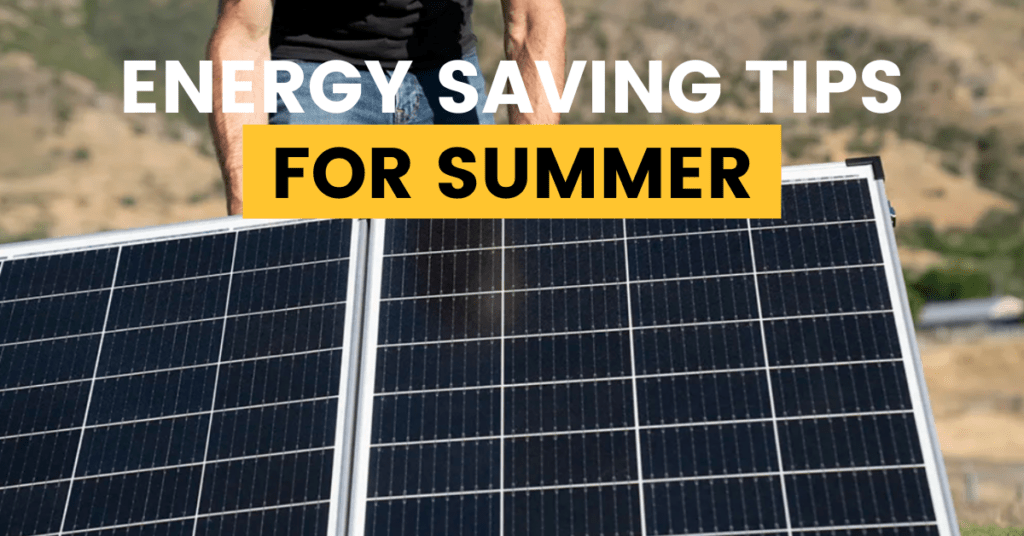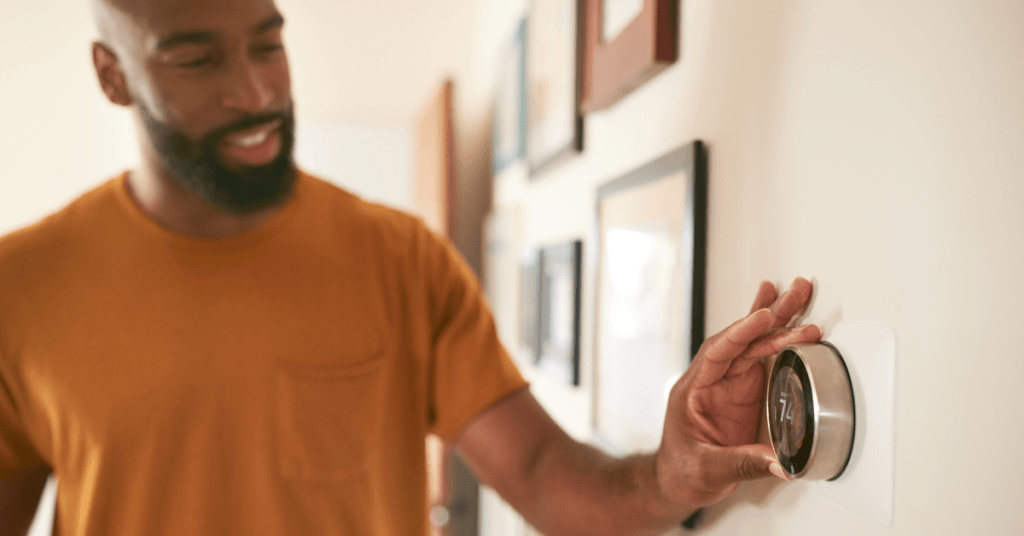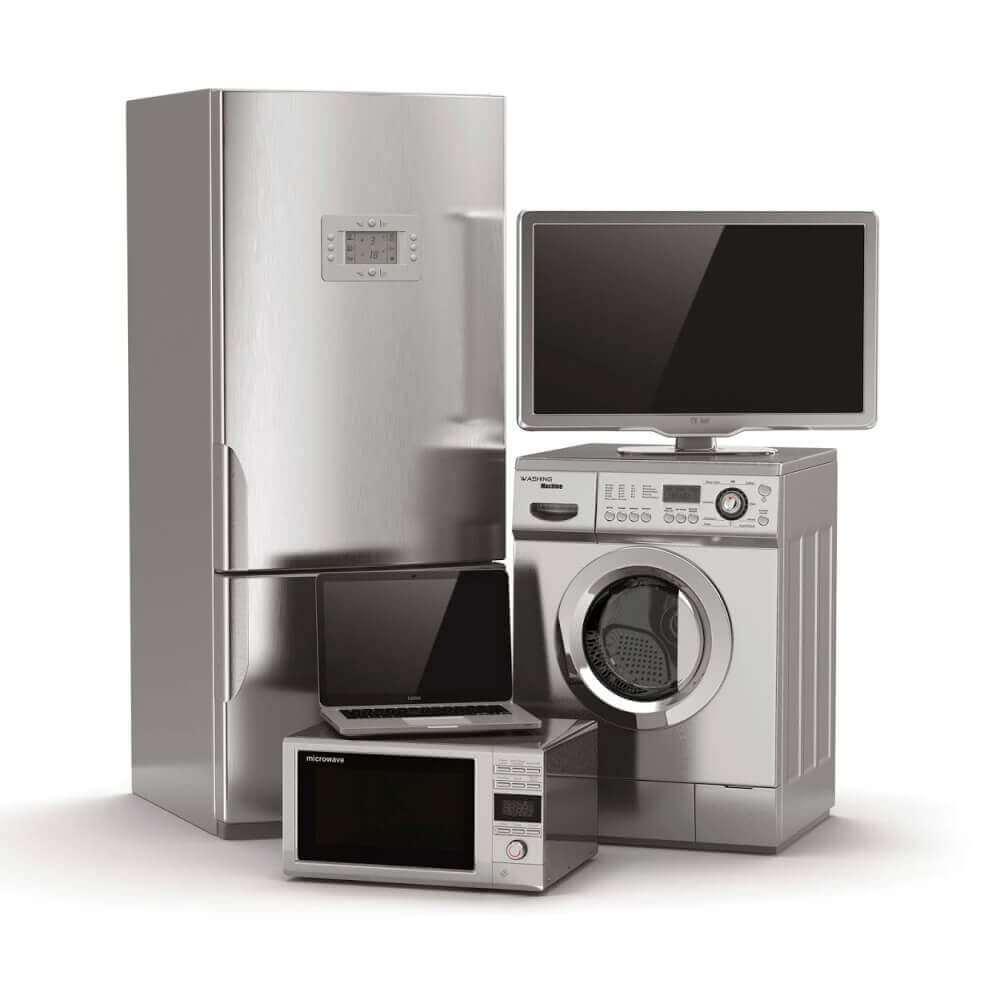Energy Saving Tips for Summer
Last summer was ranked the 4th hottest on record, and 2019 predictions are showing much of the same. With record breaking heat, your home air conditioning system can be a refuge from the searing heat, but doesn’t come without a price. Using your air conditioning on a regular basis can run up your energy bills unless you adopt a few smart energy-saving habits.
Here, you’ll find simple energy saving tips for summer to help you save energy (and money) when the weather is hot and you’re trying to stay cool.

1. Keep the heat out and cool air in
- Use your windows. Make use of natural ventilation by turning off your cooling system at night and opening your windows. When you wake in the morning, shut the windows and blinds to capture the cool air.
- Block out the sun. Keeping the shades or blinds drawn on sun-facing windows is essential to keeping your home cool. Some window treatments work better than others, like reflective shades, blackout drapes and honeycomb blinds.
- Seal & insulate. Inspect your home for air leaks and poor attic insulation. Seal cracks and add caulk or weather-stripping to seal air leaks around leaky doors or windows.
2. Be smart with your thermostat
- Upgrade to a smart thermostat. The latest thermostats can be controlled from anywhere with the tap of a smartphone, making it easy to warm things up a few degrees when you’re away from home. Many smart thermostats can even learn your heating and cooling habits and anticipate your home comfort needs to save you money.
- Install a programmable thermostat. This can save you more than $100 a year in energy costs by helping you avoid unneeded cooling while you’re away from home or sleeping.

- Adjust your thermostat. Set your thermostat as high as comfortably possible in the summer. Keep in mind that for every degree you raise your thermostat above 72º, you save up to 3% of your cooling expenses. Find out how to operate your thermostat for maximum energy savings.
- Thermostat placement counts. Avoid placing appliances or electronics that give off heat such as lamps or TVs near a thermostat. The thermostat should not be too close to any doors or windows that get opened often either.
- Use ceiling and pedestal fans. According to the Department of Energy, fans allow you to raise your thermostat up to four degrees without any reduction in comfort. Remember to make sure your fans are turning counterclockwise for summer and that you don’t leave fans running in empty rooms.
3. Keep your cooling system running efficiently
- Get an air conditioner tune up. You should schedule this maintenance once a year, ideally in early spring. During this time, your HVAC technician will clean the system, perform preventative maintenance, ensure proper fluid levels and take other steps to optimize energy efficiency and prevent sudden breakdowns.
- Keep your vents clear. Your air conditioner can’t work efficiently if your vents are blocked by rugs or furniture. Check all of your vents to make sure they’re open, free of dust and directing air toward the center of the room.
4. Don’t heat with appliances and lighting
- Buy energy-efficient appliances. Look for the Energy Star label when you’re shopping for home items. More than 40 product categories feature the label, including major appliances and light fixtures.
- Curb daytime use of other big appliances. Some appliances such as dryers and dishwashers can also put out unwanted heat. Wait until after dark to run these and other large appliances so that your air conditioner isn’t fighting too many battles at once.
- Keep track of your electronics. Devices like computers, stereos, and televisions heat up your house as well, so make sure they’re turned off when they’re not being used.

- Ditch the oven. Ovens and stoves can raise your kitchen’s temperature up to 10 degrees. Instead, outdoor grilling and microwave cooking are two ways to prepare food without generating extra heat.
- Take control of your lights. Consider replacing your incandescent bulbs with LED bulbs, which operate at a lower wattage and produce only half as much heat. LED bulbs also use up to 80% less energy and last up to 25 times longer than traditional bulbs, saving you money on electricity and replacement costs.
By following the simple energy-saving tips outlined in this blog post, you can stay cool and save money on your energy bills this summer.


If there is any obstruction in the way of ventilation, all the steps will be in vain, so in order to keep the air conditioning running effectively, we must keep the air post under surveillance so that there is no obstruction in the ventilation. Anyway thanks for presenting so much important information.